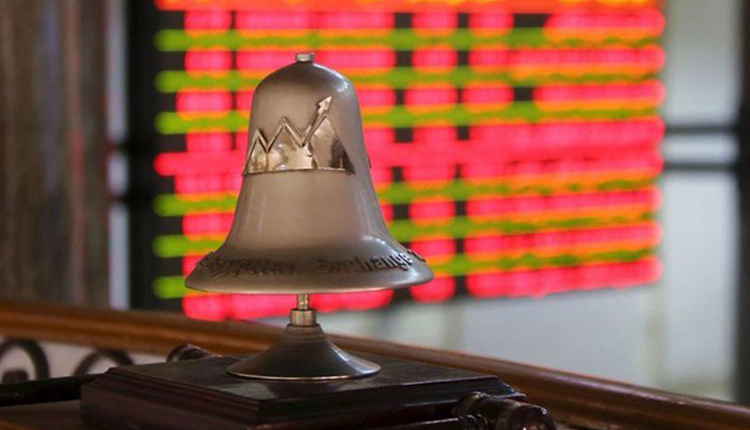Egypt to press ahead with sale of shares in state-owned firms – official
Egypt is fully committed to its programme to sell minority stakes in state-run companies and is tackling a number of issues that have held it up, a government advisor on the share sales said on Thursday.
The government has been talking for years about selling the stakes but has repeatedly postponed the programme, raising doubts among some economists about its commitment to privatisation.
“From the meetings I attend on a weekly basis, the government is as keen as I have ever seen them on proceeding with the privatisation programme,” Mohamed Metwally, CEO of NI Capital, told Reuters.
“There has never been slack on this. It’s just a matter of sometimes you face things that take longer to prepare than expected,” said Metwally in his first interview with the media since taking over as NI Capital’s CEO in July.
The government set up NI Capital in late 2015 as a state-owned financial services company to help it navigate financial markets.
The government announced in 2016 that it was selling company stakes, with some to be sold by the end of that year. Since then it has sold only 4.5 percent of one company, tobacco monopoly Eastern Company in a transaction in March.
Metwally said the delays had been caused by weak markets, legal hurdles, the readiness of each company’s financial documentation and in the case of some companies a downturn in the business cycle.
Egypt last year released a list of 23 state-controlled companies to be brought to market as an initial batch.
The first sales will be companies already trading on the Egyptian Exchange, most likely Abu Qir Fertilisers and Chemicals Industries and Alexandria Container and Cargo Handling Co., sources familiar with the planned transactions told Reuters.
Metwally, citing reasons of financial compliance, declined to discuss individual companies before they reached the market.
He said stake sales could raise around 40 billion pounds, roughly equal to 5 percent of the stock market’s current capitalisation of 750- 800 billion pounds.
Among the hurdles bringing companies to market has been a tangle of ownership structures, with different entities requiring different legal processes for selling their assets.
“We had a few transactions that were held up by this process, but now it’s behind us,” Metwally said.
A potential future delay to the Egyptian share sales could be the initial public offering of Saudi Arabia’s state oil company Aramco, which may be announced as early as next week.
“Right now liquidity is being sucked out of the market because of anticipation of the Aramco offering,” Metwally said.
If the Aramco sale raises more than $25 billion, it would make it the world’s biggest IPO.
“Now should it (the Egyptian sales) happen, let’s say, in November, or wait till January or February when the Aramco IPO is out of the way?” he said.
Another stumbling block has been the trade war between China and the United States, which by creating a glut in products sold by some of the companies reduced their prices by 30-40 percent and temporarily lowered valuations, Metwally said.
He said these issues were all being resolved, paving the way for a possibly rapid roll-out.
“Progress is happening in every single transaction,” he said.
“That might put us in a high-quality problem in the future, in which they’re all ready at the same time, and we’ll just have to schedule them one after the other as part of our capital markets management process.”
Source: Reuters



